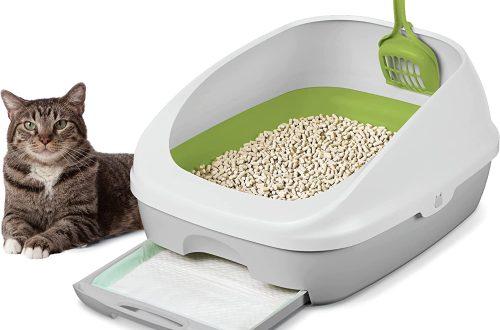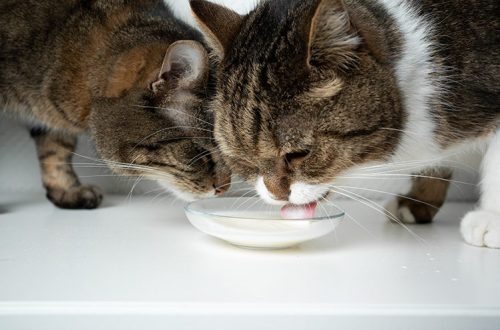
7 tips for daily cat care
So you’ve got a kitten. Congratulations! Cats are great pets and wonderful companions. A new pet is sure to bring joy and laughter to your home.
But what to do to keep your new furry friend always healthy? Divided into seven important categories, these tips on feline health, grooming, and housekeeping may come in handy.
Contents
1. Feed.
How much food to give a cat? First you need to choose a high quality food. The feeding recommendations on the food package can help you find the amount of food your cat needs. Consider the age of your pet. Kittens, adult and senior cats have different nutritional needs. According to the Cummings School of Veterinary Medicine, some animals may have special nutritional needs due to disease or food allergies. Keep a close eye on your cat’s weight and try not to overfeed her. Obesity in cats is a serious problem! You can always ask your veterinarian for advice on the best food and serving size.
2. Water.
How much water does a cat need? The amount of fluid your cat needs depends on their weight, activity level, health and nutritional status, but the average is about 150-300 ml per day. Some animals can be very picky about the water they drink. Their desert-dwelling ancestors got most of their fluids from prey, Catster recalls, so domestic cats don’t have the extreme thirst that dogs or humans have. Feed your cat a combination of wet and dry food so she gets enough fluids.
3. Physical activity.
Does your cat need exercise? Undoubtedly! She may seem like she likes to sleep most of the day, but playing with your furry beauty regularly will provide her with a mental and physical challenge and make her healthier and happier. Play can also make the environment calmer for you, especially if the cat needs attention or starts to mess things up because she has nowhere to put her energy. You don’t need a treadmill for your pet to get her cardio workout. Hide treats around the apartment, “shake” toys on a string in front of her that she can hunt for, put a cat climbing tree at home – and you can be sure that your cat will get the necessary physical activity.

4. Toilet habits.
Yes, this is not the best thing to do in the house, but it is very important to clean the cat litter box on time. You should remove solid waste from the tray daily and completely replace the filler as needed – you can tell by the smell when it’s time to do it (at least once every 7-10 days). Most cats are comfortable using the litter box, but if you need a little help with litter box training, we have some tips. The litter box is also a good indicator of your cat’s health, according to the American Society for the Prevention of Cruelty to Animals (ASPCA). If a cat urinates outside the litter box, although she usually does not, this may be a sign of a serious health problem. Look out for cat feces that look too hard, too soft, or streaked with blood.
5. Scratching.
Yes, your cat will sharpen its claws. This is a natural part of her behavior that you will have a hard time weaning her from. If she scratches the furniture in the house, it can be very unpleasant. However, you can show her a special place where she can sharpen her claws so that she does not do it on the arm of your sofa. You can also stop it from scratching any place by simply sticking double-sided tape there. You can even make your own scratching post.
6. Grooming.
Pet grooming is very important. Cats are great at keeping their coat looking good by grooming themselves, but you can help them with that too. Short-haired cats need to be brushed from time to time, but long-haired cats should be brushed much more frequently to reduce shedding and hairball formation in the stomach. Petcha notes that any change in your beauty’s grooming habits, such as chewing or licking a particular area, itching or hair loss, is a reason to take her to the veterinarian, as it could be a sign of skin problems or allergies. How to care for a cat’s claws? Trim her nails regularly, this will help minimize the “damage” from scratching. Finally, your cat’s teeth should be brushed almost as often as yours. Check with your veterinarian about the foods and foods you should use to care for your pet’s teeth at home. Never give your cat your toothpaste.
7. Visits to the veterinarian.
After you bring your new cat home, take her to the veterinarian as soon as possible, along with any records you have been given of her previous care. Depending on this, she may need some vaccines as well as a general health check. You can ask your veterinarian for more specific advice on keeping your cat healthy than the general information provided here, and for any questions you may have about your pet’s health. Veterinarians will help you with both big and small problems.
By lovingly caring for your cat, you can help her be healthy and happy for years to come with the right care.





